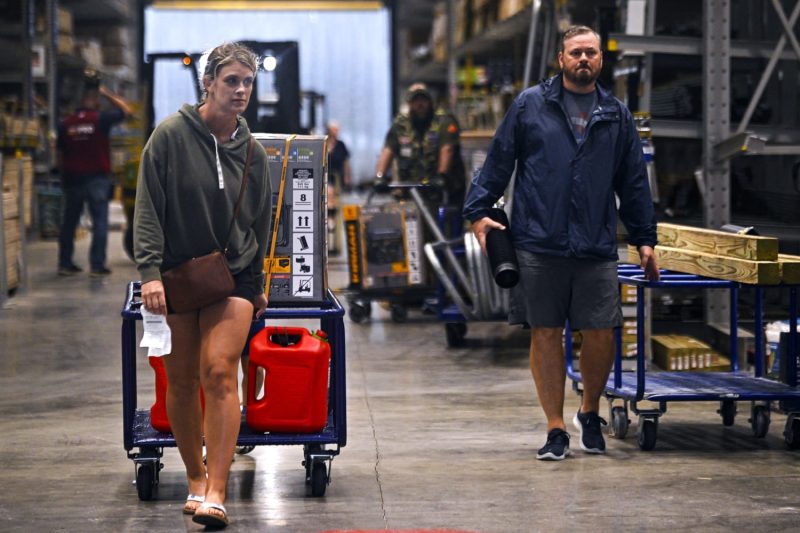The recent warnings issued by the Department of Justice (DOJ) and the Federal Trade Commission (FTC) regarding the potential risks of fraud and price gouging ahead of Hurricane Milton serve as crucial reminders for consumers to stay vigilant during times of crisis. As natural disasters often create vulnerabilities that malicious actors may exploit, it is important for individuals to be aware of common schemes and take proactive measures to protect themselves.
One of the key concerns highlighted by the authorities is the prevalence of fraudulent activities that tend to emerge in the aftermath of a disaster. Scammers may attempt to impersonate government officials, insurance agents, or charitable organizations to deceive individuals into providing personal information or financial resources. By posing as legitimate entities offering assistance, fraudsters prey on the vulnerabilities and goodwill of those affected by the disaster.
To safeguard against fraudulent schemes, consumers are advised to exercise caution when sharing personal information, especially sensitive details such as social security numbers, bank account information, or insurance policies. Official government agencies and reputable organizations do not typically request such information through unsolicited phone calls, emails, or messages. It is important to verify the authenticity of any communication before disclosing any sensitive data.
In addition to fraudulent activities, the risk of price gouging remains a significant concern for consumers preparing for or recovering from a natural disaster. Price gouging occurs when sellers significantly increase the prices of essential goods and services, taking advantage of the increased demand and limited availability during times of crisis. This practice not only exploits the immediate needs of individuals but also undermines the community’s ability to access necessary supplies.
To combat price gouging, consumers are encouraged to report any suspicious price increases to the appropriate authorities, such as the state attorney general’s office or consumer protection agencies. Many states have laws in place to prevent price gouging during emergencies, setting limits on the extent to which prices can be raised for essential items like food, water, gasoline, and lodging. By reporting instances of price gouging, individuals can contribute to the enforcement of these regulations and help protect themselves and their communities from exploitation.
As individuals brace for the impact of Hurricane Milton, staying informed and vigilant is paramount in safeguarding against fraud and price gouging. By remaining cautious of unsolicited communications, verifying the legitimacy of sources requesting personal information, and reporting any suspicious price increases, consumers can play a proactive role in protecting themselves and their communities during times of crisis. Together, we can mitigate the risks posed by malicious actors and ensure a safer and more resilient response to natural disasters.






























